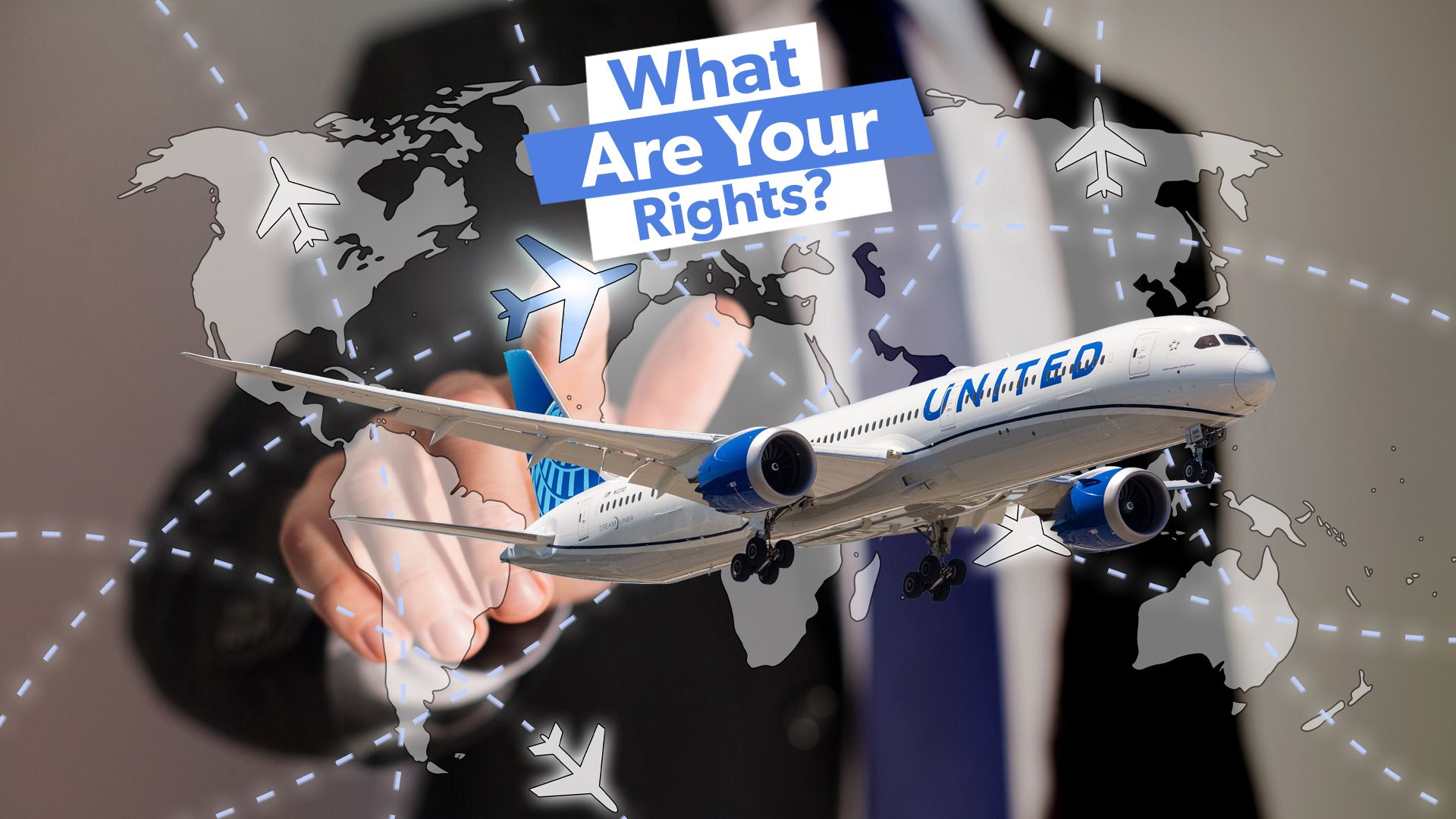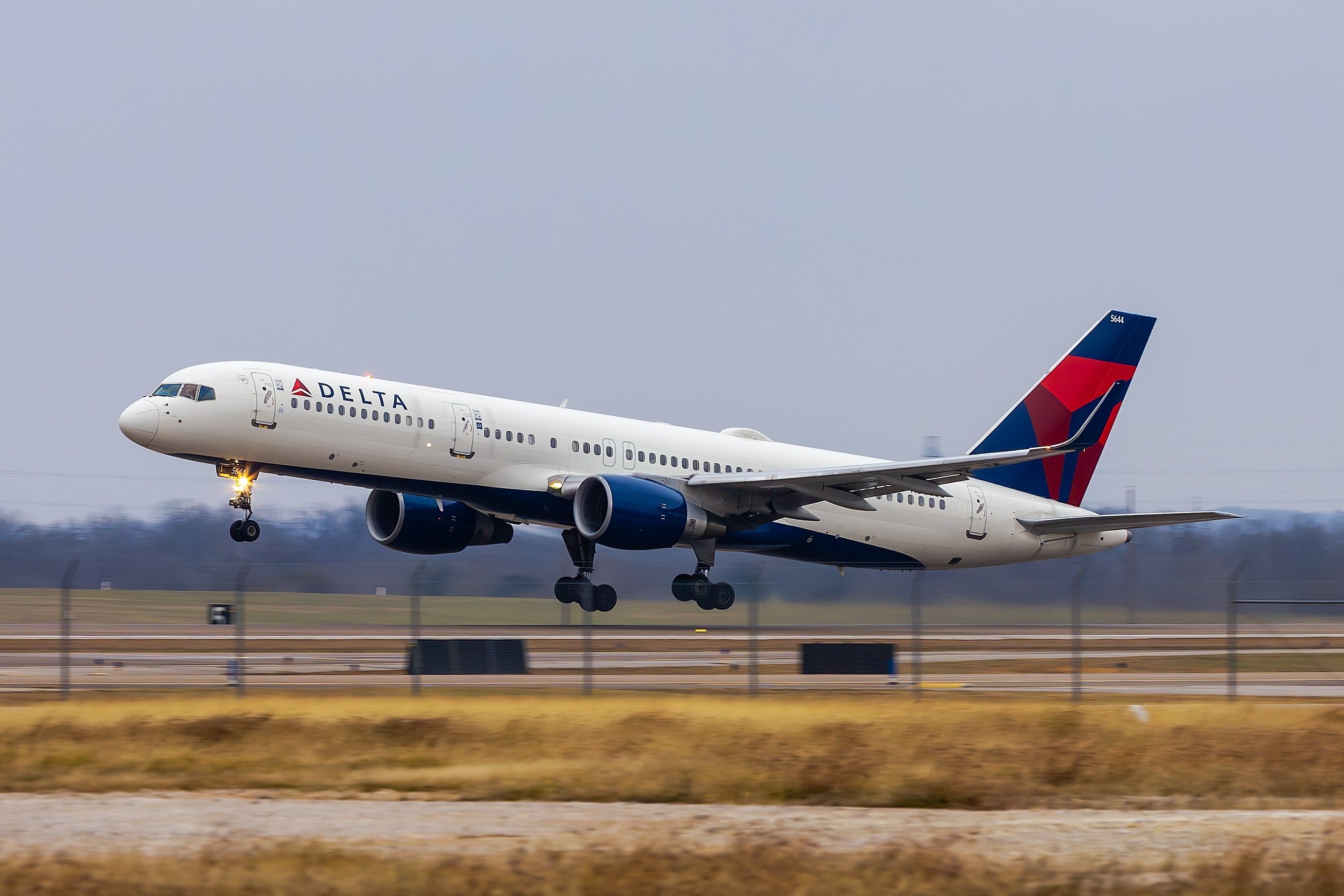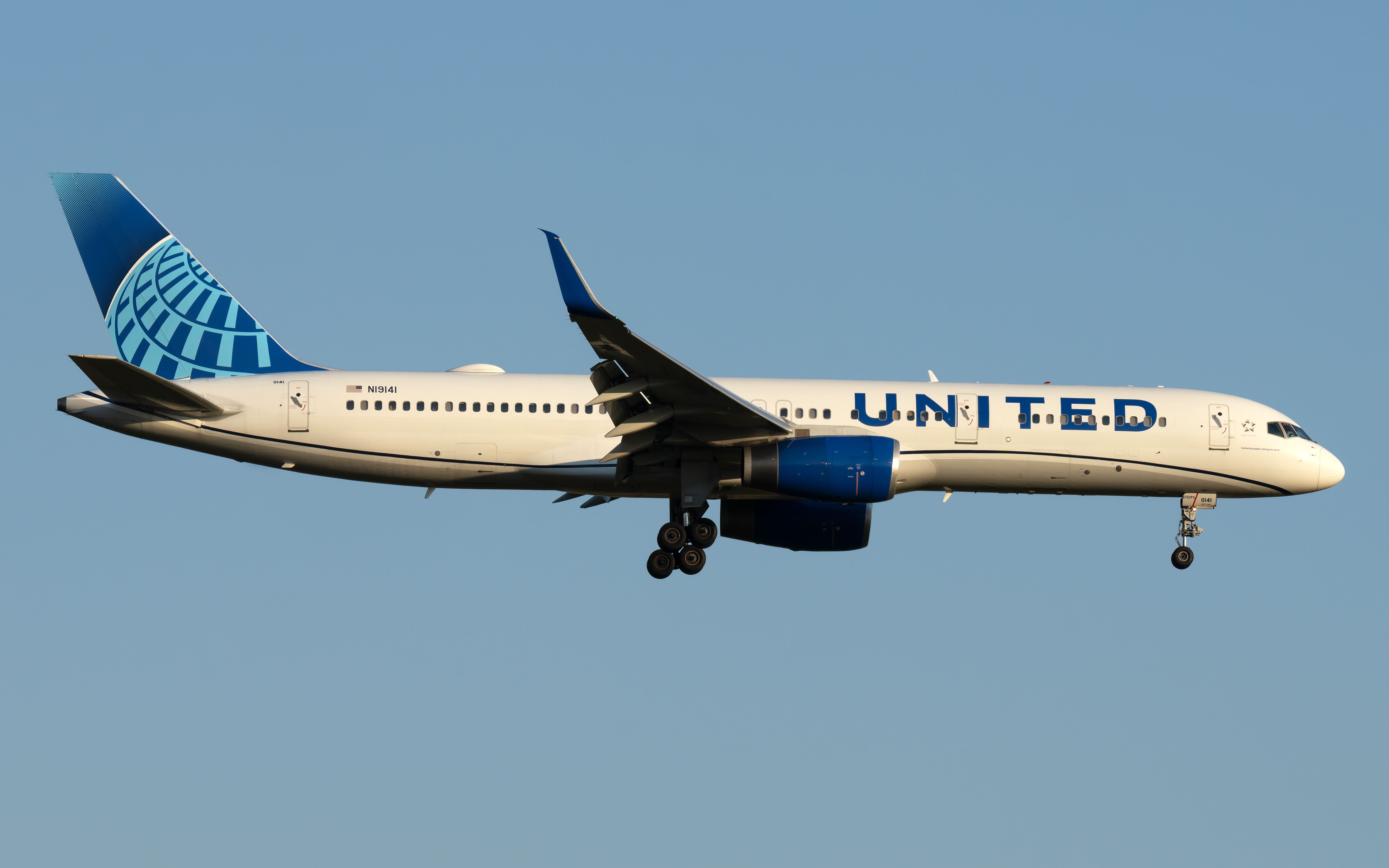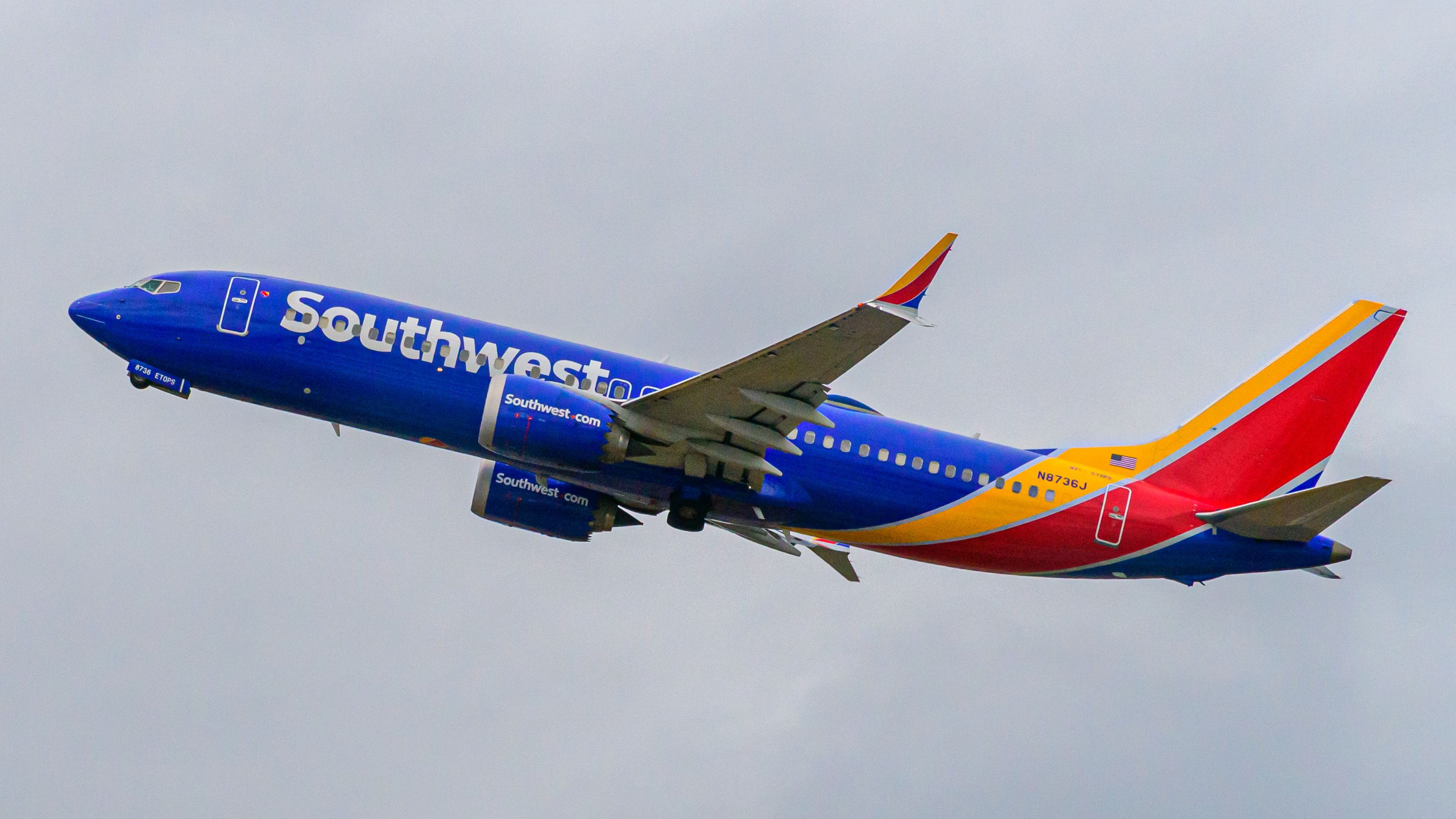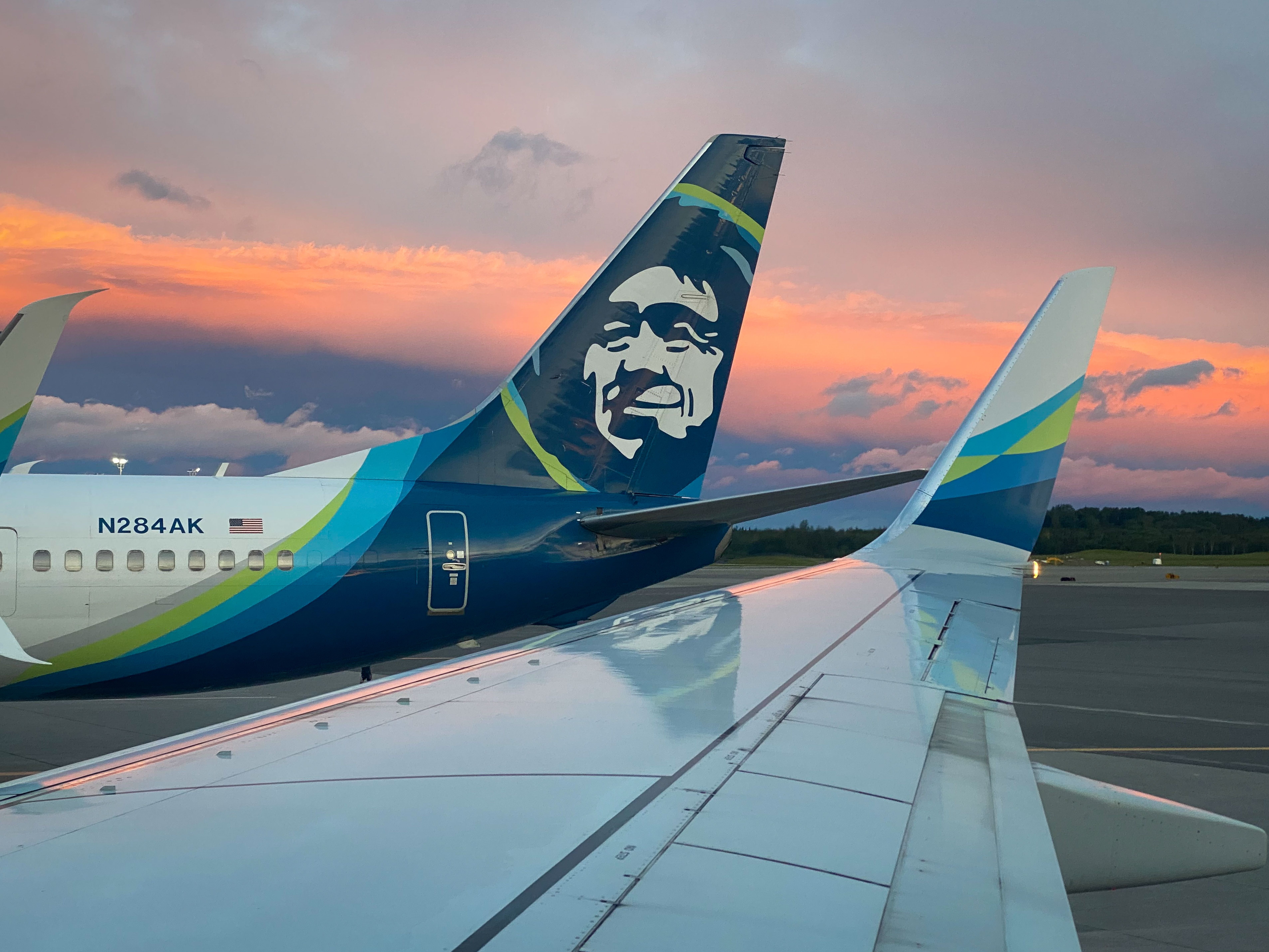Summary
- Flight diversions are unpredictable and are largely outside of airlines’ control
- US passengers now entitled to prompt and automatic cash refunds
- Airlines offer meal and accommodation vouchers to significantly delayed flight
What are the passenger’s rights when a flight is diverted? The answer depends on various factors, such as whether the flight is domestic or international. For example, the European Union’s regulation EU261 provides its own compensation scheme for diverted, canceled, and delayed flights. The rules and regulations in the United States for diverted flights changed for passengers’ benefit in April 2024 as the Department of Transportation issued new rules for airlines. Even so, passenger entitlements for diverted flights still hinge somewhat on individual airlines’ policies.
What causes flight diversions
Flight diversions are procedures that cause aircraft to deviate from its original course – normally from an emergency. There are many reasons why an aircraft will divert, typically outside the airline’s control. As a rule of thumb, flight diversions can’t be reliably predicted. Driving factors of flight diversions include adverse weather conditions, closure of airports, passenger emergencies, aircraft emergencies, staff strikes, fuel shortages, engine failures, and other causes.
Photo: lorenzatx | Shutterstock
High-profile flight diversions include immediate rerouting closure of airports and airspace following the Full-Scale Russian Invasion of Ukraine, sudden and immediate closure of airports as COVID lockdowns rolled out in 2020, Singapore Flight SQ321 diverting to Bangkok following a fatality and injuries after severe turbulence, and the Azores Glider making an emergency landing after running out of fuel mid-flight.
For the month of June 2024, 0.32% of flights were diverted in the US, according to the Bureau of Transportation Statistics (74.25% were on time, and 1.28% were canceled).
|
US flight performance (Bureau of Transportation): |
Percentage (June 2024) |
|---|---|
|
On-time: |
74.25% |
|
Air carrier delay: |
7.78% |
|
Weather delay: |
0.98% |
|
National Aviation System delay: |
5.88% |
|
Security delay: |
0.07% |
|
Aircraft arriving late: |
9.45% |
|
Canceled: |
1.28% |
|
Diverted: |
0.32% |
Rebooking, meals, and hotel accommodation
All 10 major US Airlines have committed to rebooking passengers on the same airline without any extra cost when a cancellation results in a wait for more than three hours (passengers are also provided meal vouchers). Nine of them (except for ultra-low-cost carrier Frontier) also cover the cost of overnight accommodation when passengers are stranded overnight.
Photo: Vincenzo Pace | Simple Flying
For example, when flights are diverted, and the passengers don’t board another flight to the final destination before 23:59, American Airlines provides hotel vouchers (with transfers) and meal vouchers (if the passenger was in a diverted city for more than 3 hours).
Potential customer entitlements for diverted flights:
- A full and prompt refund (including taxes and fees)
- Refund in cash or method of payment
- Meal voucher
- Accommodation voucher
- Rebooking without any extra cost
If passengers are not given a meal or hotel voucher, they are advised to save the receipts and submit them after the trip. Some airlines (such as American Airlines and Southwest Airlines) will reimburse these expenses.
US DoT April 2024 changes
The aviation industry’s regulations are constantly changing, and until recently, US airlines were not required to compensate their passengers (previously, each airline had significant autonomy in forming its own policy). After all, flight diversions are typically not the airline’s fault, and the airline simply responds to factors outside of its control. However, this changed on April 24, 2024, when the Department of Transportation announced new, customer-friendly rules.
With the new DoT ruling, refunds for diverted flights must be automatic, prompt (within seven business days for credit card payments), in cash or the original form of payment, and the full amount (including all taxes and fees).
Photo: Joe Kunzler | Simple Flying
Following the announcement, passengers are entitled to a cash refund when the flight is canceled or significantly changed (provided passengers don’t accept other transportation or travel credits). The rule requires airlines to provide passengers with automatic cash refunds when owed promptly. The DoT has recently been pushing airlines to improve customer service, including improving benefits for American active service members.
“Significant changes to a flight include departure or arrival times that are more than 3 hours domestically and 6 hours internationally; departures or arrivals from a different airport; increases in the number of connections; instances where passengers are downgraded to a lower class of service; or connections at different airports or flights on different planes that are less accessible or accommodating to a person with a disability.” – Department of Transportation
The rule change was also done to help spare passengers the headache of trawling airline websites to figure out how to make a request, filling out extra digital paperwork, or spending hours waiting on phone calls. It was also intended to overcome the practice of airlines issuing travel credits instead of refunding money (making it difficult to rebook on another airline).
Photo: EWY Media | Shutterstock
This ruling arguably brings US passenger rights somewhat closer to those of the European Union. Europe’s regulation EU261 goes further, providing up to 600 euros ($660) in monetary compensation for delayed and canceled flights. However, this does not apply to ‘extraordinary circumstances.” The EU provides examples of extraordinary circumstances such as “air traffic management decisions, political instability, adverse weather conditions, and security risks” (aka the main reasons why aircraft are diverted).

